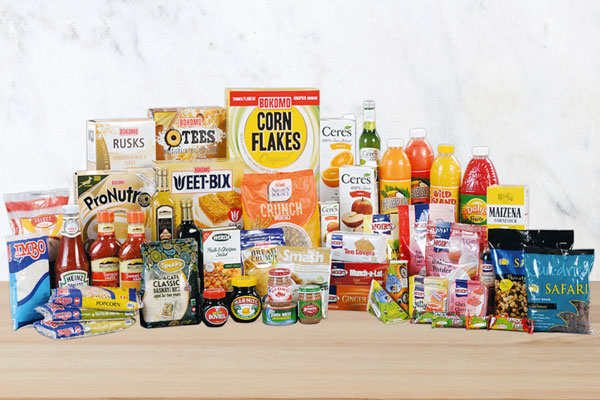
BY FIDELITY MHLANGA
THE Common Market for Eastern and Southern Africa (Comesa) is reviewing a bid by United States food and beverages behemoth PepsiCo to take over South Africa’s Pioneer Foods amid revelations that the proposed transactions has sent Zimbabwean firms in the sector into panic mode.
Last year PepsiCo struck a US$1.7 billion deal to acquire Pioneer and the transaction is subject to a Pioneer Foods shareholder vote, certain regulatory approvals, and other customary conditions, and closing is expected by the first quarter of 2020.
If Comesa’s competition commission approves the deal, PepsiCo will deepen its roots in the region as it intends to set up a new operating unit for sub-Saharan Africa.
Pioneer Foods manufactures and supplies food and beverages to various customers in South Africa and exports its products worldwide.
In Zimbabwe the company distributes fruit juices among various grocery products.
Local beverage producers say PepsiCo’s deal will give Varun Beverages, which produces the US firm’s brands locally, an unfair advantage in the market.
Varun, which produces and distributes Pepsi beverages in Zimbabwe, already enjoys tax incentives after it was granted special economic zone status.
- Chamisa under fire over US$120K donation
- Mavhunga puts DeMbare into Chibuku quarterfinals
- Pension funds bet on Cabora Bassa oilfields
- Councils defy govt fire tender directive
Keep Reading
Beverage producers are now banking on Comesa’s competition watchdog arm’s intervention and hoping that it stops the deal.
“The Commission will, in accordance with the provisions of the regulations, determine, among other things, whether or not the proposed transaction is likely to substantially prevent or lessen competition within the Common Market and whether the proposed transaction is or would be contrary to the public interest as provided for under Article 26 of the Regulations,” Comesa said in a circular.
According to local market watchers following the deal, if Varun starts distributing Pioneer Foods products, it will mark the end of local beverage makers.
Varun is reportedly planning to put up a new $23 million plant to ramp up its operations in Harare.
The company has already set up a $40 million beverages plant that produces a range of products that include Pepsi, Mirinda, Mountain Dew and 7Up.
“A PepsiCo entry in the region will give Varun an unfair advantage locally as it is exempted from paying duties and taxes,” said a market analyst.
“One of the top producing companies is crying foul that if the deal sails through, it will seriously affect their local operations.
“Varun was given tax incentives for setting up a plant in Zimbabwe.
“They got a similar deal in Zambia. It’s like giving taxpayers’ money to a certain company to enjoy the privileges.
“So it is a huge concern that if PepsiCo passes the mandate of importing Pioneer products to Varun Beverages, Varun will enjoy an unfair advantage.”
In Zambia, Varun was granted a deferment of value-added tax and excise duty for five years.
The arrangement was, however, reversed after it was discovered that the deal was not above board.
Efforts to get a comment from Varun were fruitless as they did not respond to the questions at the time of going to print.
The Competition and Tariff Commission of Zimbabwe is expected to issue its opinion around implications of the mega deal to Comesa.
Leading beverage manufacturers locally include Delta, Schweppes and Dairibord, among others.











